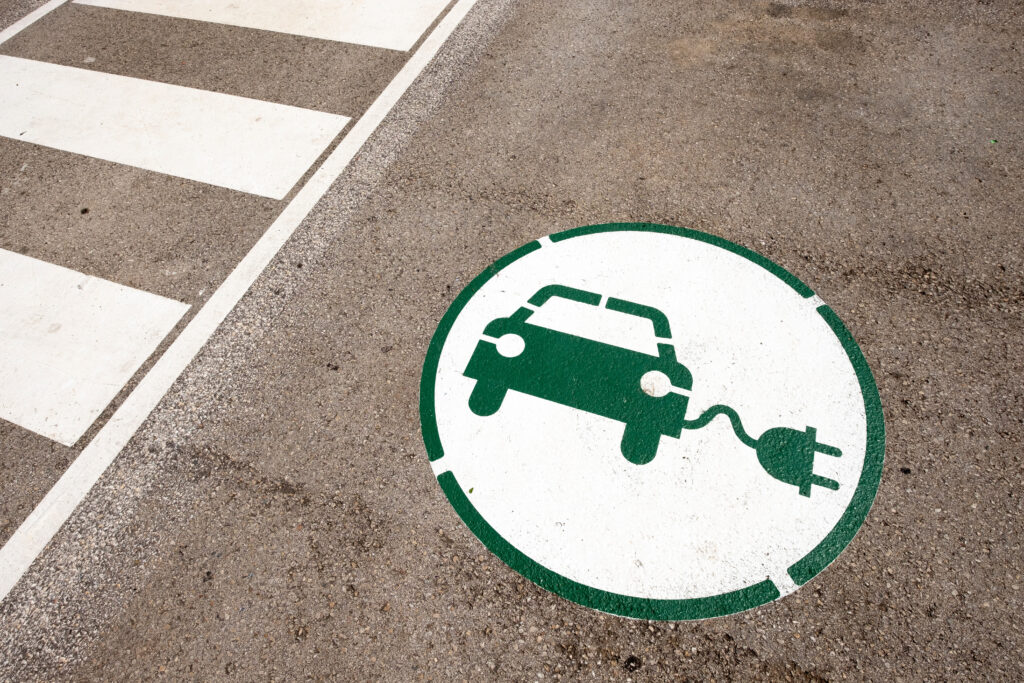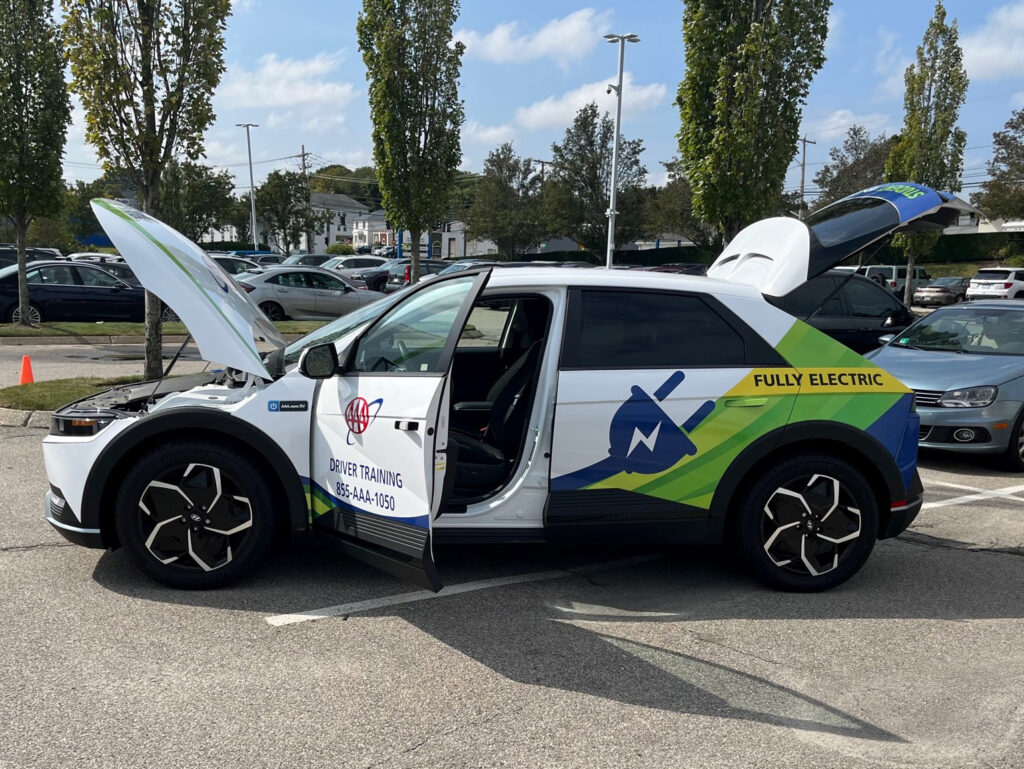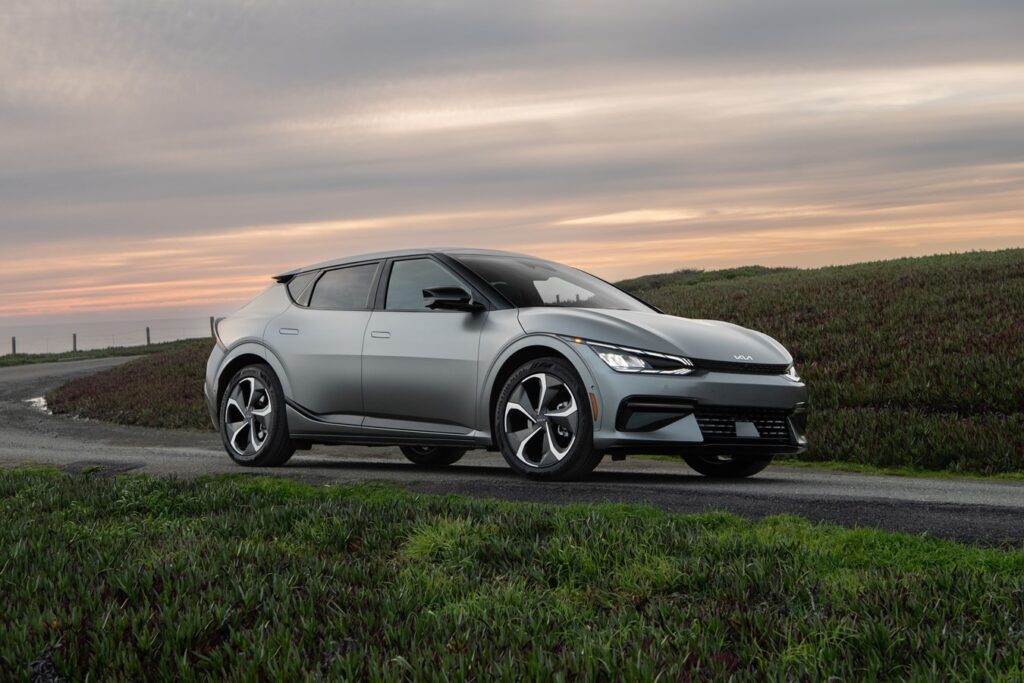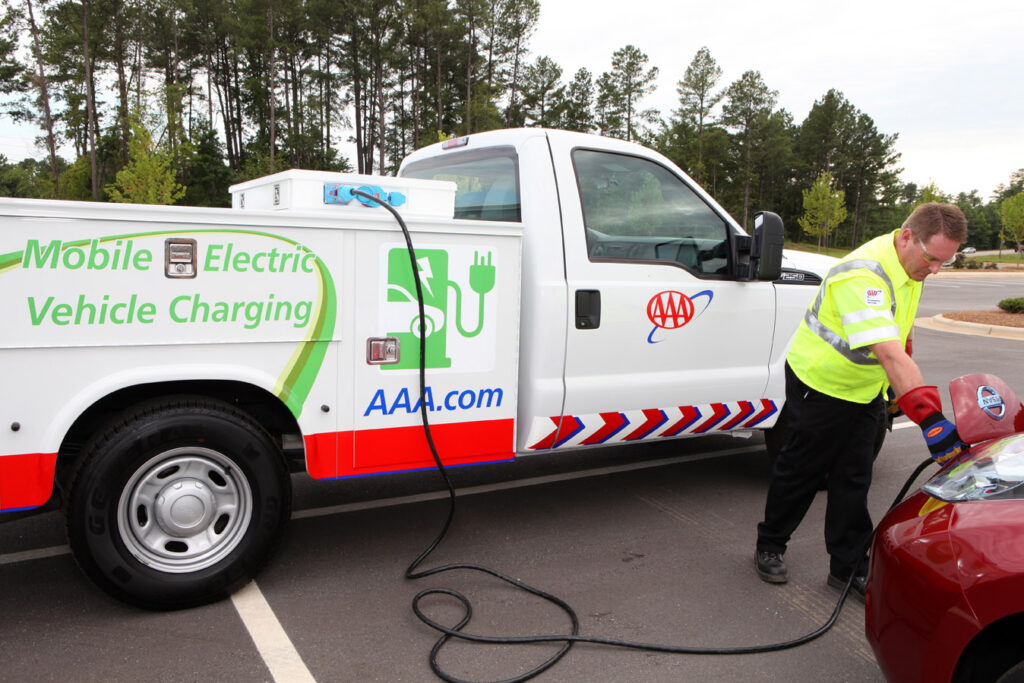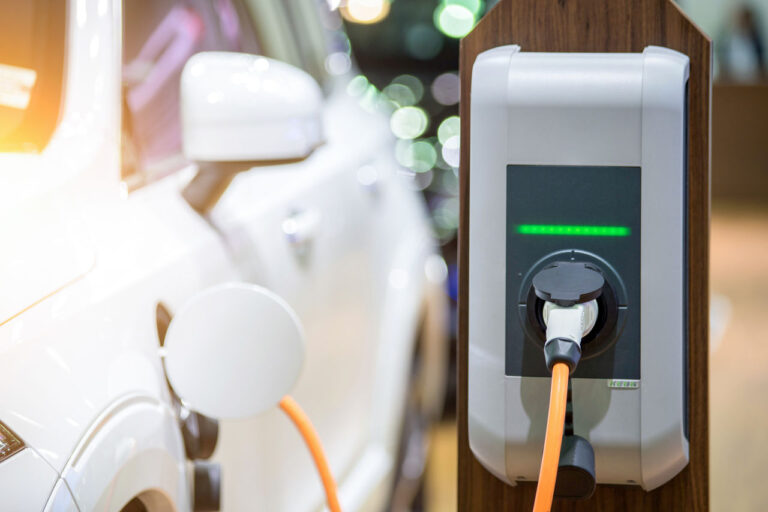
For many potential electric vehicle buyers, and even some current owners, there are still unknowns. If the battery dies in your gas-powered car, you know you can easily replace it with a new one. But what happens to EV batteries when they die?
Well, you probably won’t have to worry about it. EV batteries are designed to last the life of the car, and with regular charging and attention to power levels, can operate for a decade or more, according to Matt Ferrell, a consultant on renewable and sustainable technology.
On his YouTube channel, Undecided With Matt Ferrell, and podcast “Still To Be Determined,” Ferrell discusses renewable energy, sustainable technologies, electric vehicles and batteries, among other topics. He was recently featured on an episode of AAA Northeast’s podcast, “Merging Into Life: Electric Vehicles 101.”
Here he talks more about EV battery lifespan and helps to dispel other EV battery myths.
Myth: EV Batteries Have a Short Lifespan
“People tend to think that EV batteries need to be changed out after a few years because of their experience with something like a smartphone battery,” Ferrell said.
But that is not the case. While both use lithium-ion batteries, EV batteries are composed of hundreds or even thousands of small cells working together and can last much longer. Rivian, for example, warranties its batteries for between 120,000 and 150,000 miles or eight years, whichever comes first.
“Companies are very conservative about how they warranty their products, so the lifespan of the average battery pack should last well beyond this,” Ferrell said.
Real-world driving conditions, which include frequent acceleration, braking and rest periods, also extend battery life by up to 40% compared to standard estimates recorded in a lab, a Stanford study revealed.
Another group found that the average battery degradation rate is 1.8% per year, which means a battery will still have 82% of its original capacity after a decade.
“That means the typical battery could last 15 to 20 years before experiencing significant loss,” Ferrell noted. “Bottom line: they’ll last a very long time.”
Myth: You Should Always Keep Your Charge Close to 100%
Attention to a few details can help preserve and prolong battery life. The battery management systems of EVs are very sophisticated and do an excellent job of making sure the battery pack is safe and will last as long as possible.
Ferrell advises that the simplest thing you can do to maintain your battery is to keep it charged between 20% and 80% capacity most of the time. Draining a battery pack close to empty, or charging it up to 90% to 100% frequently, puts the most stress on it.
“If you keep to that middle range of charge, you reduce the stress on the battery and can extend its life a bit.”
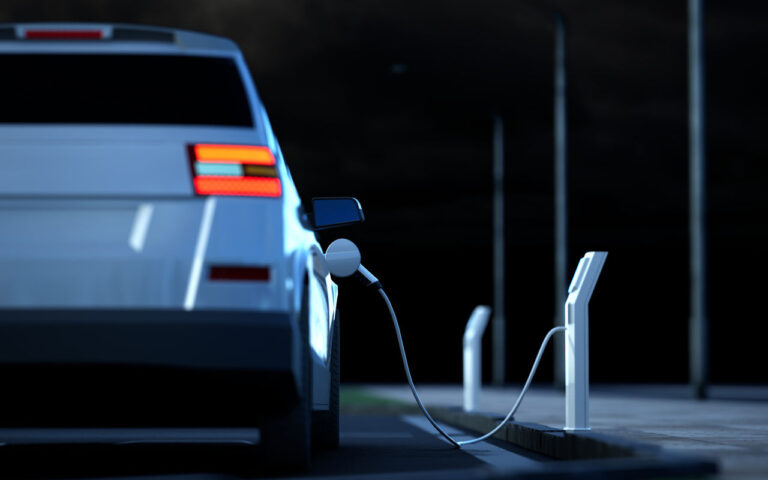
Myth: EV Batteries Are a Fire Risk
Potential EV battery fires are another concern for consumers. But fires are less common than people think.
“EV batteries rarely catch on fire,” Ferrell said. “And if you investigate the reports of EV car fires, you’ll find that they usually occur after some kind of damage to the car’s battery pack, such as from a car accident, flooding or another event.
There is research to show that EVs are no more likely to catch fire than gas-powered vehicles.
New types of batteries as well as improvements to the current ones could be on the way soon, further reducing hazards.
“We may finally see the much-hyped, solid-state battery technology finally make it into production for EVs, which could mean longer driving ranges, faster charging and even safer battery packs,” according to Ferrell. “However, even without solid-state, we’re seeing a lot of exciting progress with existing technologies that are achieving similar results.”
Myth: EV Batteries Will Always Be More Expensive
At least one study has predicted that in fewer than 10 years, replacing an EV battery will be cheaper than the cost of repairing a gasoline engine.
While that shift is not here yet, Ferrell said he can see it coming.
“Battery prices are falling like a rock and will continue to get cheaper. It’s something we’ve seen in every industry and product ever made,” he said. “With mass manufacturing, the price to make that thing will drop. The same is happening for battery packs as more gigafactories open, more recycling plants open and the infrastructure to support the EV industry matures.”
This means significant changes for the EV market are on the horizon.
“I think we’ll be seeing more cars with faster potential charging times and improved ranges,” said Ferrell. “However, my rule of thumb is to not wait for the technology of tomorrow if there’s a current product on the market that meets your needs today.”
Read more: Are EV Batteries Bad for the Environment?
AAA’s Recommendation: Whether you own an electric vehicle or a gas-powered car is up to you – and you should consider lots of factors in making that choice. No matter what type of vehicle you’re choosing, we recommend visiting a dealership, test driving one, and asking as many questions as possible to make an informed decision.

